Find Help
More Items From Ergsy search
-
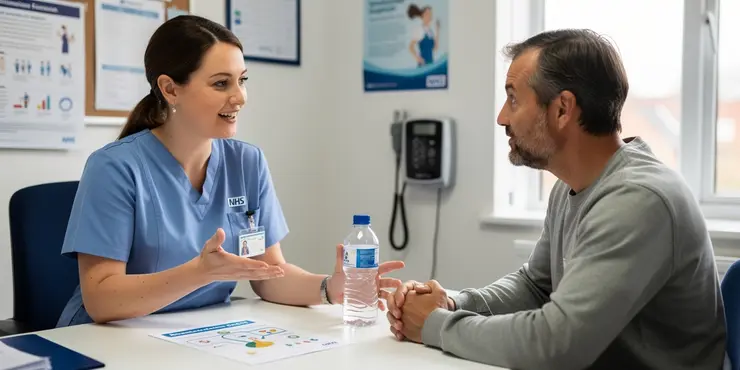
How to prevent dehydration | NHS
Relevance: 100%
-

Can Ozempic lead to dehydration?
Relevance: 79%
-
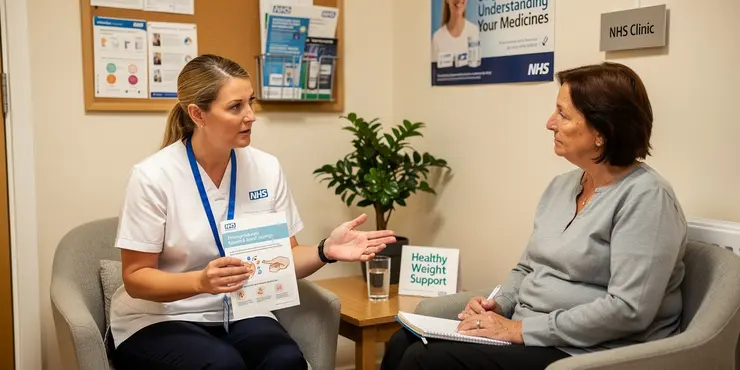
Can weight loss drugs cause dehydration?
Relevance: 72%
-
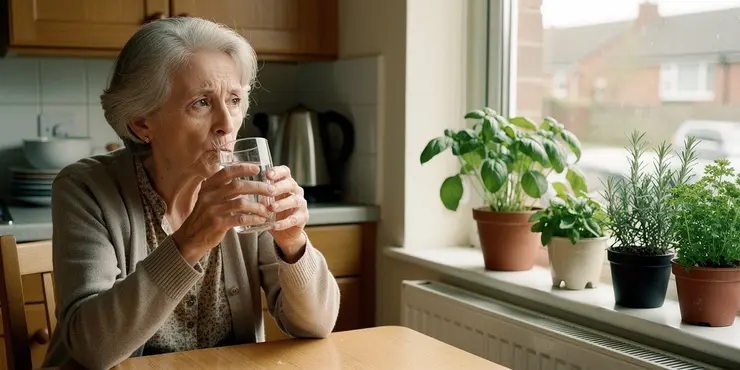
How does dehydration affect gut health in the elderly?
Relevance: 70%
-
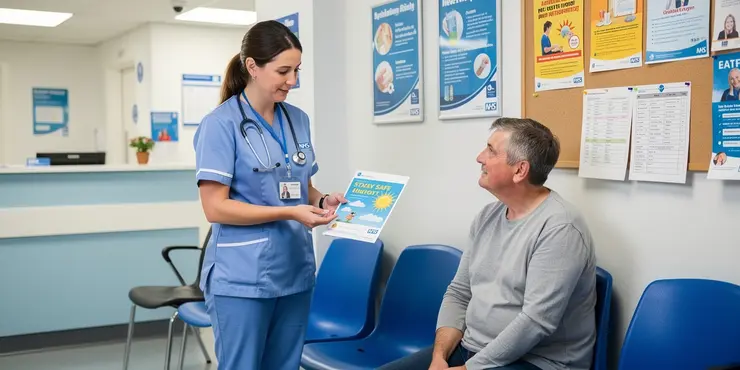
How can I prevent heat-related illnesses?
Relevance: 42%
-
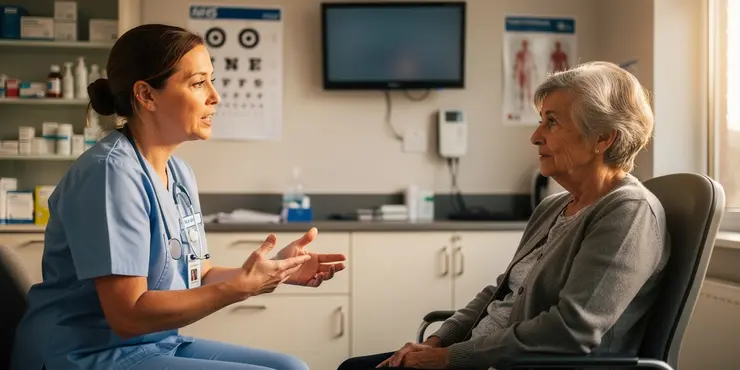
Can hypotony be prevented?
Relevance: 35%
-
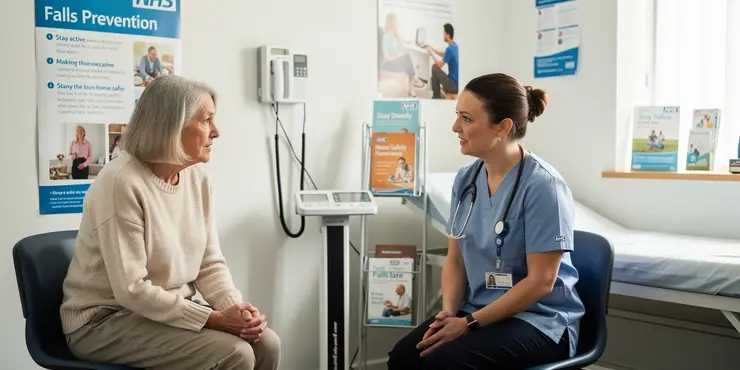
Falls Prevention Podcast
Relevance: 35%
-
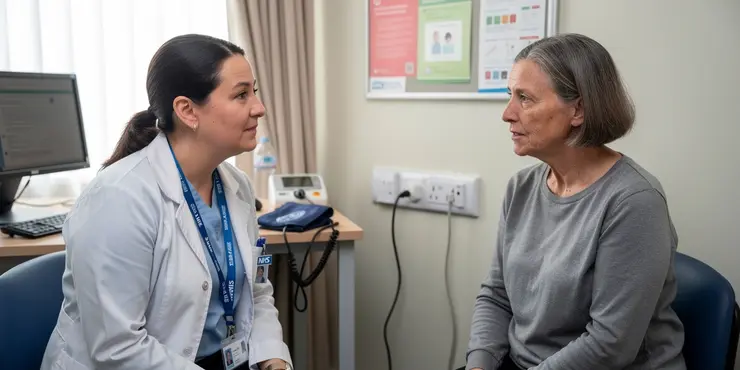
Can CFS be prevented?
Relevance: 35%
-
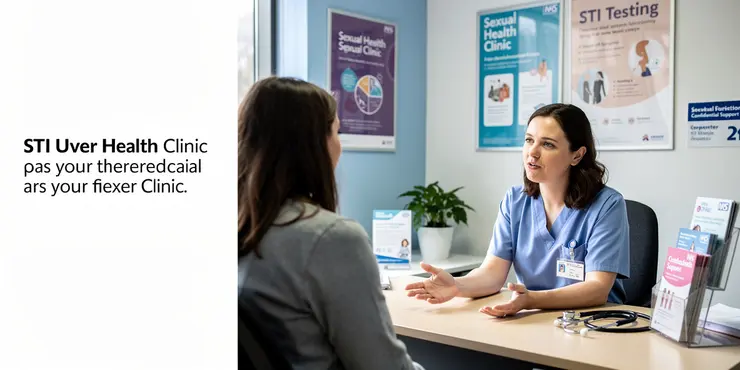
Can gonorrhoea be prevented?
Relevance: 35%
-
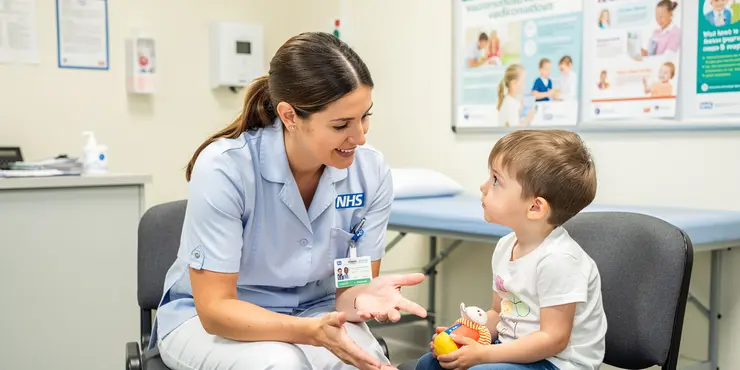
Can meningitis be prevented?
Relevance: 35%
-
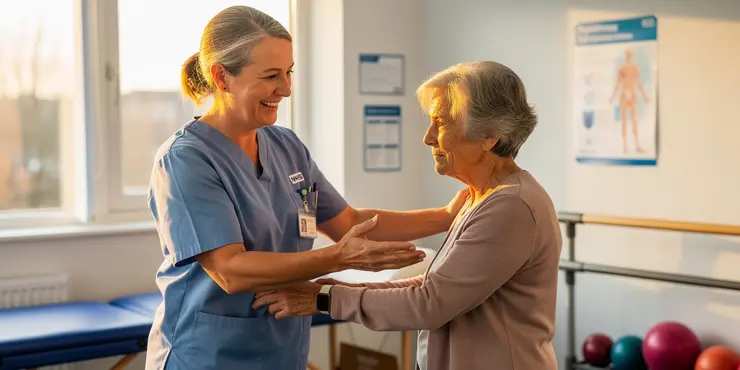
Falls and Falls Prevention
Relevance: 35%
-
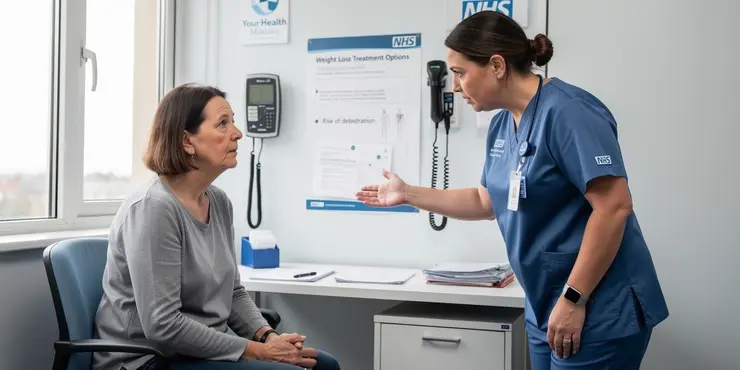
Can weight loss drugs cause dehydration?
Relevance: 35%
-
Can weight loss drugs cause dehydration?
Relevance: 35%
-
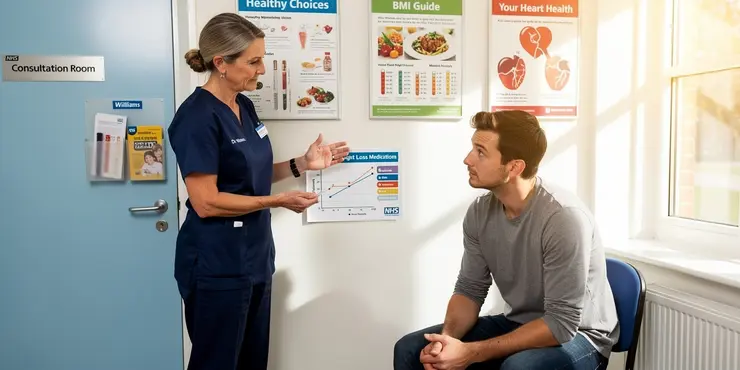
Can weight loss drugs cause dehydration?
Relevance: 35%
-
Can weight loss drugs cause dehydration?
Relevance: 35%
-
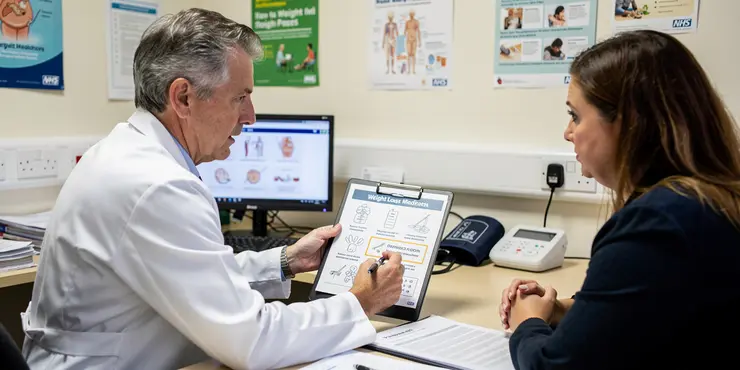
Can weight loss drugs cause dehydration?
Relevance: 35%
-
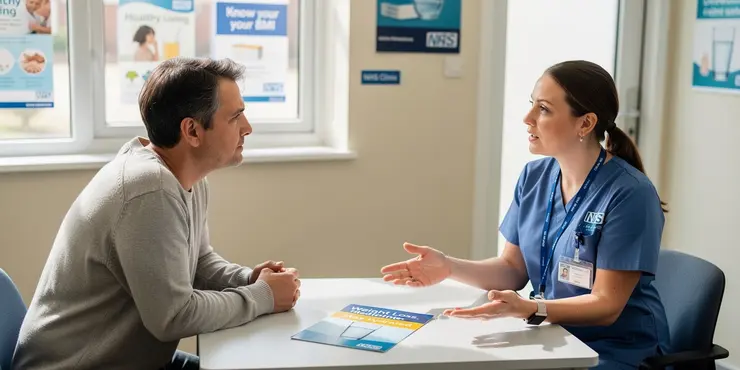
Can weight loss drugs cause dehydration?
Relevance: 35%
-
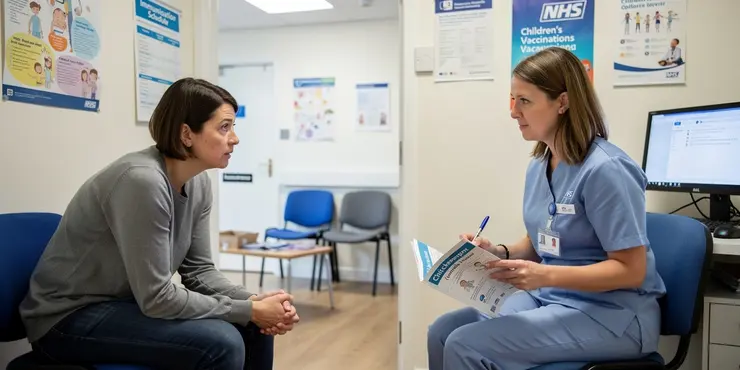
Can chickenpox be prevented?
Relevance: 35%
-
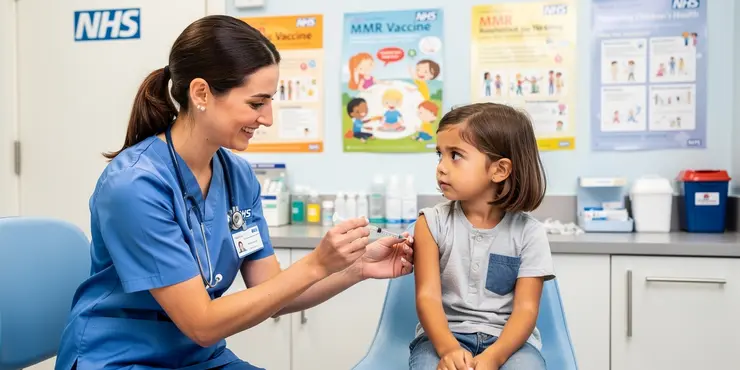
Can Rubella be prevented?
Relevance: 35%
-
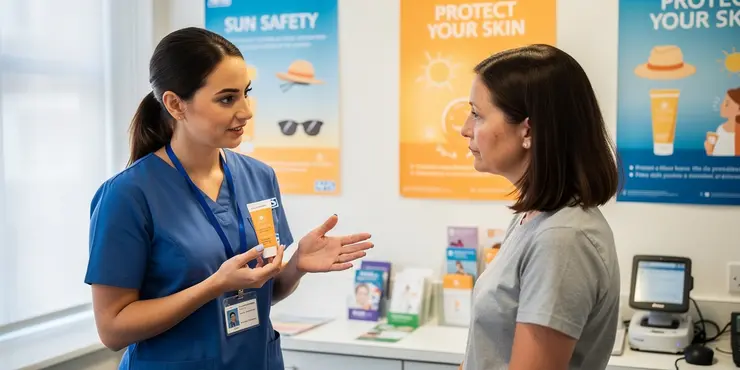
Can sunburn be prevented?
Relevance: 35%
-
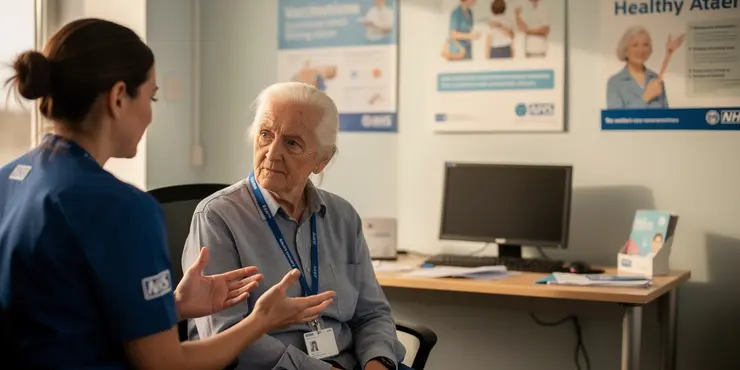
Can shingles be prevented?
Relevance: 35%
-

Is postnatal depression preventable?
Relevance: 34%
-
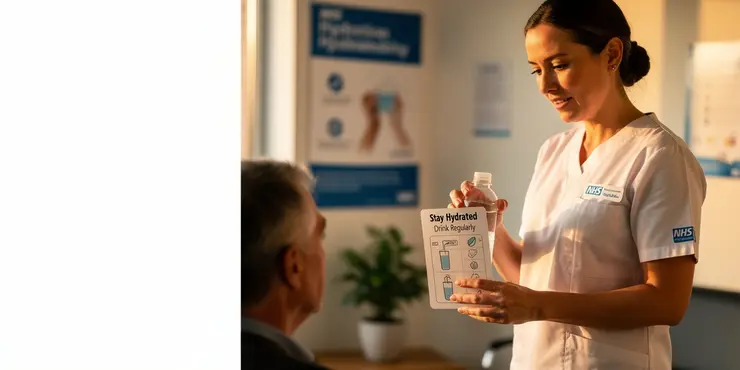
How can I prevent heatstroke during a heatwave?
Relevance: 34%
-
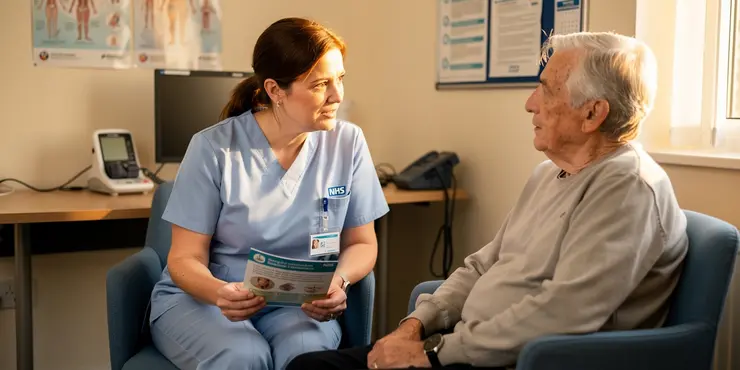
Can shingles be prevented?
Relevance: 34%
-
Are there preventative measures for eating disorders?
Relevance: 33%
-
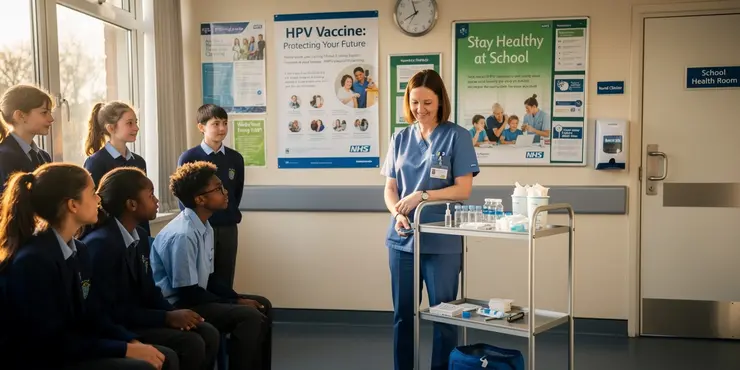
How can HPV be prevented?
Relevance: 33%
-
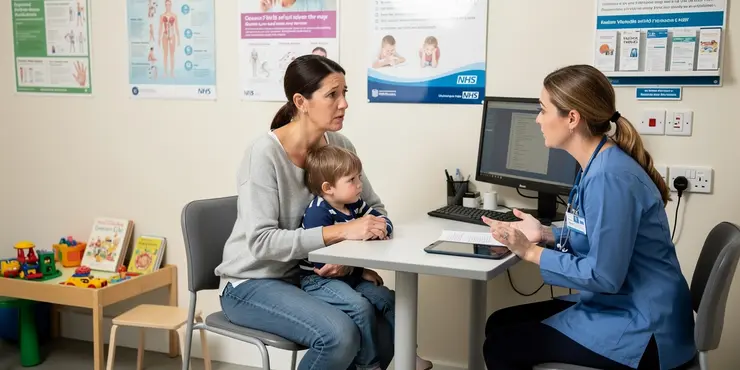
When should I seek medical advice for norovirus?
Relevance: 33%
-
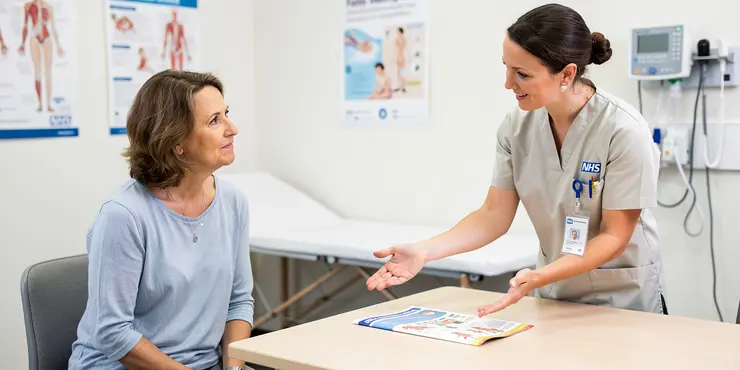
Falls Prevention video for patients attending hospital
Relevance: 33%
-
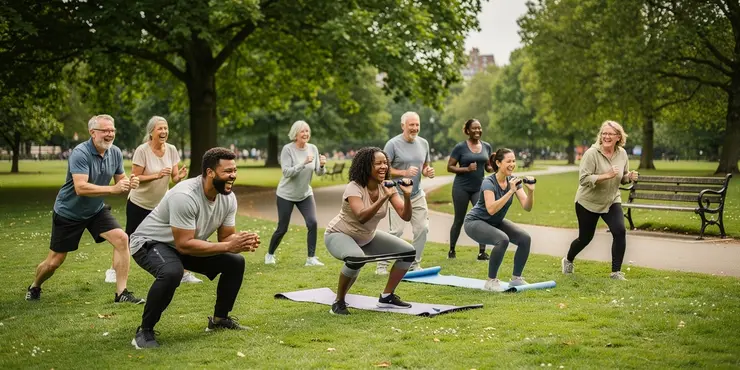
How can obesity be prevented?
Relevance: 33%
-
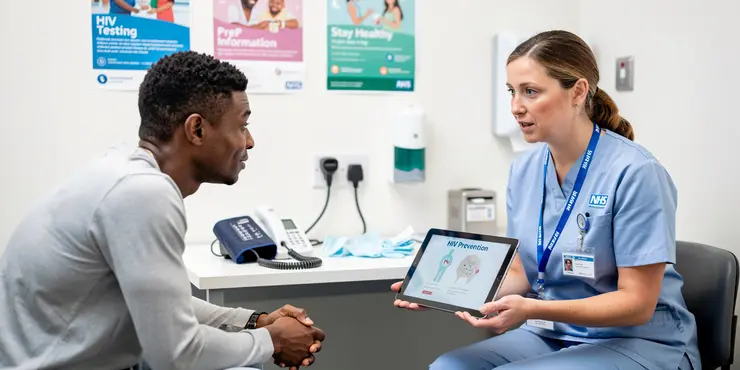
How can HIV be prevented?
Relevance: 33%
-
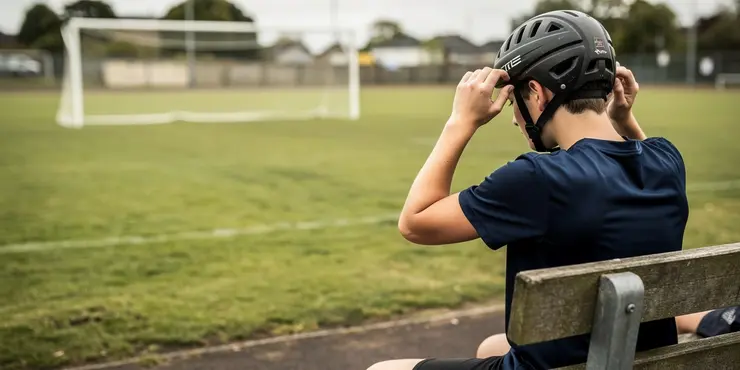
How can concussions be prevented?
Relevance: 33%
-
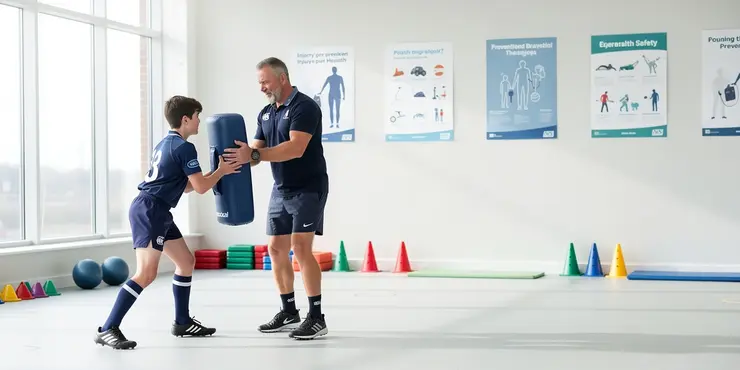
How can concussions be prevented?
Relevance: 33%
-
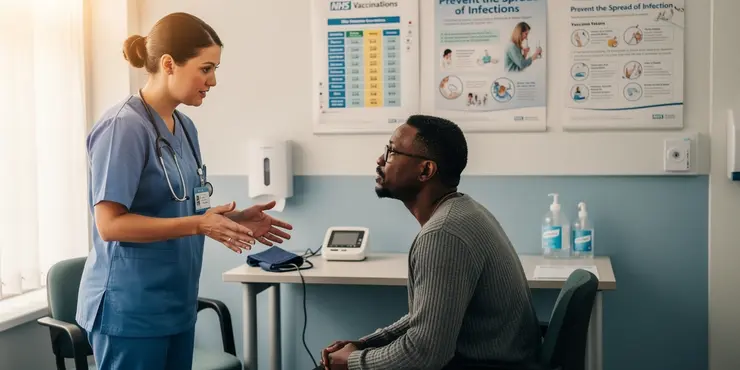
Can the bubonic plague be prevented?
Relevance: 33%
-
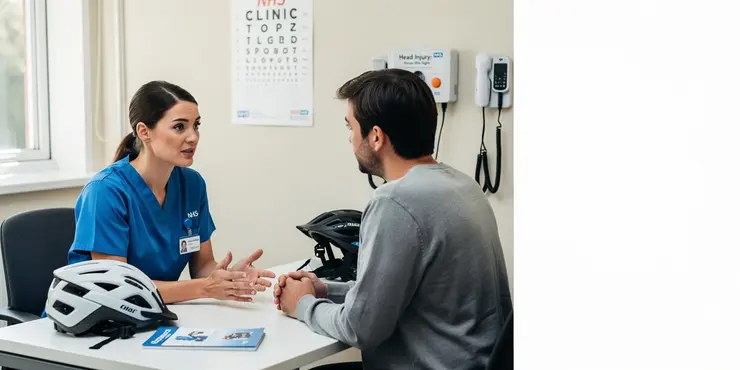
Is there any way to prevent concussions?
Relevance: 33%
-
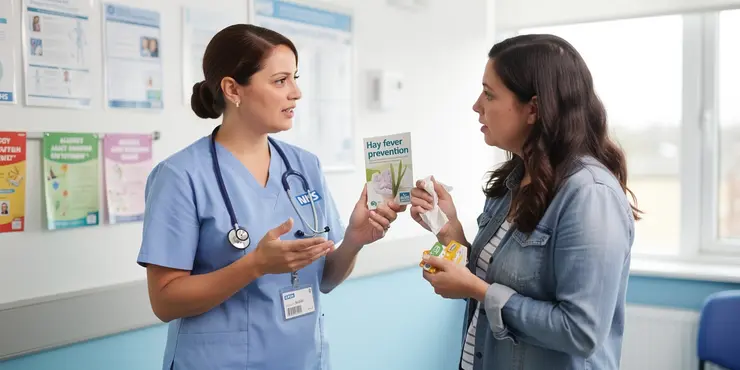
Can hay fever be prevented?
Relevance: 33%
-
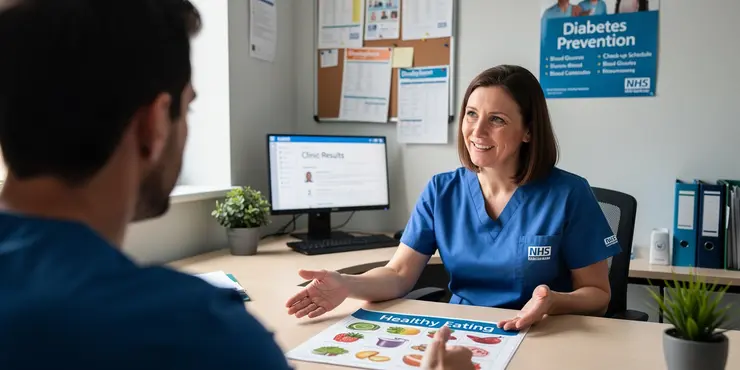
Can Type 2 Diabetes be prevented?
Relevance: 33%
-
Is it possible to prevent grooming entirely?
Relevance: 33%
-
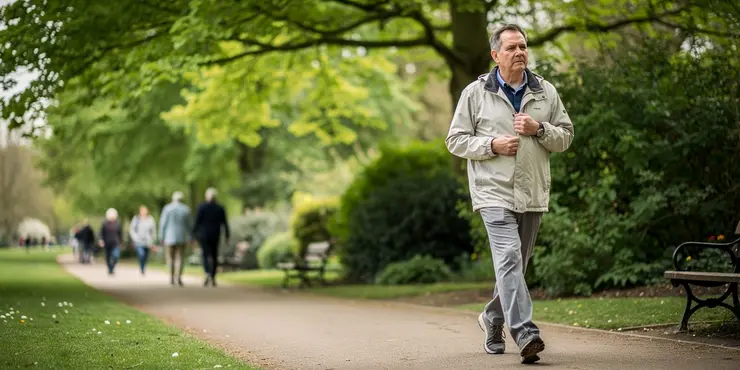
Can heart failure be prevented?
Relevance: 32%
-
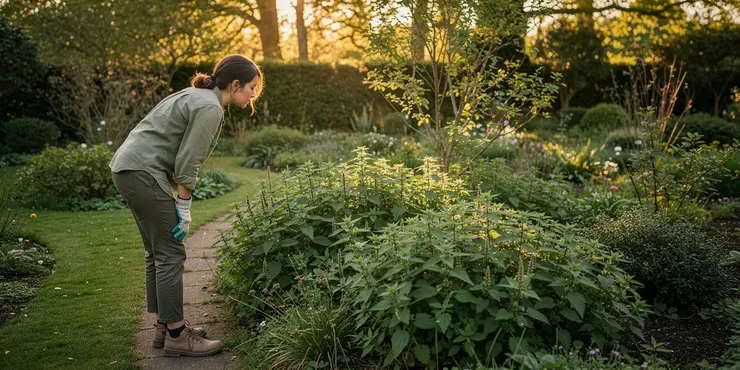
Can nettle rash be prevented?
Relevance: 32%
-
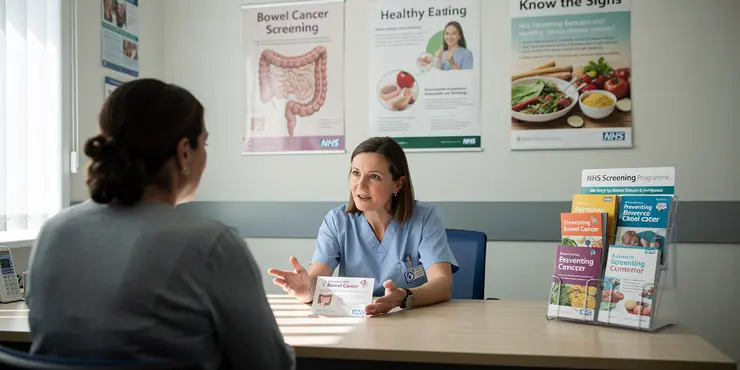
Can bowel cancer be prevented?
Relevance: 32%
How to Prevent Dehydration | NHS
Understanding Dehydration
Dehydration occurs when your body loses more fluids than it takes in. It can happen for various reasons, such as hot weather, illness, or not drinking enough fluids. Preventing dehydration is essential for maintaining overall health and well-being.
Recognise the Signs of Dehydration
Understanding and recognising the symptoms of dehydration is the first step in prevention. Common signs include feeling thirsty, having dark yellow and strong-smelling urine, feeling dizzy or lightheaded, feeling tired, and having a dry mouth, lips, and eyes. Severe dehydration can cause rapid heartbeat, rapid breathing, and confusion, and it requires immediate medical attention.
Stay Hydrated with Regular Drinking Habits
To prevent dehydration, make a habit of drinking fluids regularly throughout the day, even if you do not feel thirsty. The NHS recommends aiming for 6-8 glasses of fluid a day, which can include water, lower-fat milk, and sugar-free drinks, including tea and coffee. Avoid excessive amounts of caffeinated or alcoholic beverages as these can lead to increased fluid loss.
Monitor Fluid Intake in Different Situations
It is important to adjust your fluid intake based on your activity level, weather, and health. For example, during hot weather or when exercising, you will need to drink more fluids to compensate for the extra sweat. If you are ill or have a fever, it is also crucial to increase your fluid intake.
Incorporate Hydrating Foods
Alongside drinking fluids, eating water-rich foods can help maintain hydration. Fruits and vegetables like watermelons, cucumbers, oranges, and strawberries contain high water content and can contribute to your daily fluid intake. Soups and broths are also good options, especially during colder months.
Utilise Technology and Reminders
Various apps and devices can remind you to drink water throughout the day. Set alarms or notifications on your phone, or use a smart water bottle that tracks your intake. These tools can be especially helpful if you have a busy schedule or often forget to drink fluids.
Conclusion
Prevention of dehydration is crucial for maintaining health and well-being. By recognising the signs of dehydration, drinking fluids consistently, adjusting fluid intake based on situations, incorporating hydrating foods, and using technology for reminders, you can ensure you stay well-hydrated. For more information, visit the NHS website or consult with a healthcare professional.
How to Stop Getting Dehydrated | NHS
What is Dehydration?
Dehydration happens when your body loses more water than it takes in. It can happen if it's very hot, if you're sick, or if you don't drink enough water. It's important to stop dehydration to stay healthy and well.
Know the Signs of Dehydration
Knowing what dehydration looks like is the first step to stopping it. Some signs are feeling very thirsty, having dark yellow pee that smells strong, feeling dizzy, feeling very tired, and having a dry mouth, lips, and eyes. If it's very bad, you might have a fast heartbeat, fast breathing, and feel confused. This needs a doctor right away.
Drink Regularly to Stay Hydrated
To stop dehydration, drink water often during the day, even if you're not thirsty. Try to drink 6-8 glasses of fluid a day. This can be water, low-fat milk, or drinks without sugar like tea and coffee. Don't drink too much caffeine or alcohol because they can make you lose water.
Watch How Much You Drink in Different Situations
Drink more when you're active, when the weather is hot, or if you're sick with a fever. Doing this will help you replace the water you lose in sweat or when you're feeling unwell.
Eat Foods with Water
Eating fruits and vegetables with lots of water can help too. Foods like watermelons, cucumbers, oranges, and strawberries help keep you hydrated. Soups and broths can also help, especially in the winter.
Use Technology to Help Remember
There are apps and gadgets that remind you to drink water. You can set alarms on your phone or use a smart water bottle that tracks what you drink. These are great if you're busy or often forget to drink enough.
Conclusion
Stopping dehydration is important for health. Know the signs, drink fluids regularly, drink more in certain situations, eat foods with water, and use technology to help you remember. To learn more, you can visit the NHS website or talk to a doctor.
Frequently Asked Questions
What are the signs of dehydration?
Signs of dehydration can include feeling thirsty, dark yellow and strong-smelling urine, feeling dizzy or lightheaded, feeling tired, having a dry mouth, lips, and eyes, and urinating little to no urine.
How much water should I drink each day to stay hydrated?
The NHS recommends drinking 6-8 glasses of fluid a day. This includes water, lower fat milk, and sugar-free drinks like tea and coffee.
Can I stay hydrated with drinks other than water?
Yes, you can stay hydrated with a variety of drinks including lower fat milk, sugar-free drinks, tea, coffee, and eating hydrating foods like fruits and vegetables.
What are the best foods to keep me hydrated?
Fruits and vegetables with high water content such as watermelon, cucumber, and tomatoes are excellent for keeping you hydrated.
Are caffeinated drinks hydrating or dehydrating?
Moderate amounts of caffeinated drinks like tea and coffee can contribute to your daily fluid intake, but excessive consumption may have a mild diuretic effect.
How can I tell if my urine indicates dehydration?
If your urine is dark yellow and strong-smelling, it may indicate that you are dehydrated. Aim for pale straw-coloured urine as a sign of good hydration.
Does alcohol cause dehydration?
Yes, alcohol can cause dehydration as it has a diuretic effect, which can increase urine production and fluid loss.
How does weather affect hydration needs?
Hot and humid weather increases the risk of dehydration as you tend to sweat more, which leads to a higher need for fluid intake.
What is the best way to rehydrate after exercise?
After exercise, rehydrate with water, or an oral rehydration solution if you've lost a lot of fluids through sweat.
Can certain medical conditions increase the risk of dehydration?
Yes, conditions such as diabetes, vomiting, diarrhoea, and fever can increase the risk of dehydration.
What should I do if I suspect someone is severely dehydrated?
If you suspect severe dehydration (e.g., confusion, weakness, rapid heartbeat), seek medical help immediately, as it can be life-threatening.
Is it possible to drink too much water?
Yes, drinking excessive amounts of water can lead to water intoxication or hyponatremia, which is a dangerous lowering of salt levels in the blood.
Are there specific times of day when I should drink more fluids?
It's important to drink fluids regularly throughout the day. Increase fluid intake in the morning, during and after meals, and after any physical activity.
Can dehydration affect cognitive function?
Yes, even mild dehydration can impair mood, memory, and brain performance.
How can I ensure my children stay hydrated at school?
Encourage children to drink water regularly and pack a refillable water bottle for them to take to school. Include hydrating fruits in their lunchboxes.
What are the signs of dehydration?
Dehydration means your body does not have enough water.
Signs of dehydration include:
- You are very thirsty.
- Your mouth is dry.
- You feel tired.
- Your pee is dark yellow.
- You feel dizzy or lightheaded.
Here are some helpful tips:
- Drink water throughout the day.
- Eat fruits and veggies with water like apples and cucumbers.
- Use a water bottle to remind you to sip water often.
When your body does not have enough water, it's called dehydration. Here are some signs:
- You feel very thirsty.
- Your pee is dark yellow and smells strong.
- You feel dizzy or like you might fall.
- You feel really tired.
- Your mouth, lips, and eyes are dry.
- You are not peeing much or not at all.
Drink plenty of water to feel better. You can also use reminder apps or set alarms to remember to drink water throughout the day.
How much water do I need to drink every day to stay healthy?
Drinking enough water is important for your body. A simple way to remember is to drink about 6 to 8 cups every day. Try to drink water in the morning, afternoon, and evening.
If you feel thirsty, it is a sign to drink more. Eating fruits and vegetables can also help you stay hydrated because they have water, too.
You can use a colorful chart or set a timer on your phone as a reminder to drink water during the day.
The NHS says we should drink 6 to 8 glasses of liquid each day. This can be water, low-fat milk, and drinks without sugar like tea and coffee.
Can I drink things other than water to stay hydrated?
Yes, you can drink different things to stay healthy and not thirsty. You can have lower fat milk, drinks with no sugar, tea, coffee, and eat foods like fruits and vegetables because they help keep you hydrated too.
What foods help me stay hydrated?
Fruits and vegetables that have lots of water in them, like watermelon, cucumber, and tomatoes, are great for keeping you hydrated. Drinking water is also important. You can use special water bottles to help you remember to drink more.
Do drinks with caffeine give you water or take it away?
Drinks with caffeine, like tea and coffee, can help you stay hydrated if you drink a little bit. But if you drink too much, they might make you go to the toilet more often.
How do I know if I am dehydrated by looking at my pee?
If your pee is dark yellow and smells strong, it might mean you need to drink more water. Try to have pee that is light yellow like straw. This means you are drinking enough water.
Does alcohol make you thirsty?
When you drink alcohol, it can make your body lose water. This might make you feel thirsty or have a dry mouth.
Here are some tips to help: - Drink water when you have alcohol. - Try to drink slowly. - Have some food to help your body stay balanced.
Ask someone you trust if you need help or want to know more.
Yes, alcohol can make you dehydrated. This means it can make your body lose water. Alcohol makes you pee more, so you lose more water.
How does weather change how much water you need?
The weather can change how much water your body needs.
If it is hot, you need to drink more water. This is because you sweat and lose water.
If it is cold, you still need to drink water. Your body still needs it to work well.
Tips to remember:
- Drink water even if you do not feel thirsty.
- Carry a water bottle to sip throughout the day.
- Use an app or reminder to help you remember to drink water.
Hot and sticky weather can make you sweat a lot. This means you need to drink more water to stay healthy.
How can you drink enough water after exercise?
After you exercise, it is important to drink water. This helps your body feel good again.
Here are some tips to help you:
- Drink water slowly, not all at once.
- You can also drink sports drinks. These have things your body needs like salt and sugar.
Using a water bottle can help you remember to drink. Put it where you can see it.
After you exercise, drink water to stay healthy. If you sweat a lot, you might need a special drink with extra salts and sugars to help you feel better.
Can some health problems make you thirsty?
Some health problems can make us lose water faster. This can make us feel thirsty. It's important to drink enough water so we don't get sick.
Here are some things that can help:
- Drink water often.
- Eat foods with water in them, like fruits.
- Ask a grown-up if you don't feel well or if you're very thirsty.
Yes, some health problems can make you more likely to get dehydrated. These problems are diabetes, throwing up, loose tummy (diarrhoea), and having a fever.
What to Do if You Think Someone is Very Thirsty
Here are some steps you can take if you think someone is very thirsty:
- Make sure they drink water. Give them small sips.
- Ask them to rest and stay out of the sun.
- If they feel dizzy or confused, get help quickly. Call a doctor or go to a hospital.
- Keep them cool by moving them to a shaded area or a cool room.
Using a picture chart can help you explain these steps easily.
If you think someone is very dehydrated, get medical help right away. Signs to look for are feeling confused, very weak, or having a fast heartbeat. This can be very serious and needs quick help.
Can you drink too much water?
Yes, you can drink too much water. This is called "water intoxication" or "water poisoning." It is important to drink the right amount of water for your body.
Tip: Use a water bottle with measurements to keep track of how much you drink.
Yes, drinking too much water can make you sick. This is called water poisoning or hyponatremia. It means there is not enough salt in your blood.
When is the best time to drink more water?
Do you know when to drink extra water? It is good to drink more water during these times:
- When you wake up in the morning.
- Before you eat your meals.
- After playing or exercising.
- When you feel thirsty.
Drinking water is important. Ask someone to remind you to drink water. Use a colorful bottle to make it fun. You can even set an alarm to help you remember!
It's good to drink water and other drinks often during the day. Try to drink more in the morning, with your food, and after you exercise.
Does not drinking enough water affect how you think?
Yes, not drinking enough water can make you feel upset, forget things, and think less clearly.
How can I make sure my children drink enough water at school?
Here are some easy tips:
- Give them a water bottle to take to school.
- Remind them to drink water during break times.
- Make it fun by adding some sliced fruit to their water.
- Talk to them about why drinking water is important.
- Teachers can help remind them too.
Try using a picture chart as a reminder to drink water.
Help kids remember to drink water every day. Give them a water bottle they can fill up and take to school. Put fruits that have a lot of water, like apples or oranges, in their lunchboxes.
Useful Links
This NHS page provides comprehensive information on the symptoms, causes, and prevention of dehydration. It also includes treatment advice and when to seek medical help.
NHS - Water, Drinks and Your Health
Learn about the importance of staying hydrated, recommendations for daily water intake, and tips for incorporating more fluids into your diet on this NHS page.
NHS Inform Scotland - Hydration
This page from NHS Scotland offers detailed advice on the importance of hydration, how much water you need, and the signs of not drinking enough fluids.
British Dietetic Association - Stay Hydrated
The British Dietetic Association’s resource on staying hydrated explains the benefits of good hydration, how to achieve it, and the role of different fluids in your diet.
British Nutrition Foundation - Hydration for Kids
The British Nutrition Foundation provides guidance on ensuring children stay properly hydrated, the importance of hydration in their development, and practical tips for parents.
University Hospital Southampton NHS - Dehydration
This resource from University Hospital Southampton offers detailed information on preventing dehydration, recognizing symptoms, and what steps to take if you become dehydrated.
The Hydration Campaign - Dehydration Prevention
The National Dehydration Prevention Campaign provides useful strategies and advice to help prevent dehydration, especially among vulnerable populations.
Age UK offers practical advice aimed at older adults on how to stay hydrated, the importance of fluid intake, and tips to encourage better hydration habits.
Kidney Care UK - How to Stay Hydrated
Kidney Care UK provides specific advice for individuals with kidney issues on how to stay hydrated and manage fluid intake effectively.
Diabetes UK - Hypos, Hyperglycaemia, and Hydration
For those managing diabetes, this resource from Diabetes UK discusses the relationship between hydration, blood sugar levels, and how to prevent dehydration.
This website offers general information and is not a substitute for professional advice.
Always seek guidance from qualified professionals.
If you have any medical concerns or need urgent help, contact a healthcare professional or emergency services immediately.
Some of this content was generated with AI assistance. We’ve done our best to keep it accurate, helpful, and human-friendly.
- Ergsy carfully checks the information in the videos we provide here.
- Videos shown by Youtube after a video has completed, have NOT been reviewed by ERGSY.
- To view, click the arrow in centre of video.
- Most of the videos you find here will have subtitles and/or closed captions available.
- You may need to turn these on, and choose your preferred language.
- Go to the video you'd like to watch.
- If closed captions (CC) are available, settings will be visible on the bottom right of the video player.
- To turn on Captions, click settings .
- To turn off Captions, click settings again.
More Items From Ergsy search
-

How to prevent dehydration | NHS
Relevance: 100%
-

Can Ozempic lead to dehydration?
Relevance: 79%
-

Can weight loss drugs cause dehydration?
Relevance: 72%
-

How does dehydration affect gut health in the elderly?
Relevance: 70%
-

How can I prevent heat-related illnesses?
Relevance: 42%
-

Can hypotony be prevented?
Relevance: 35%
-

Falls Prevention Podcast
Relevance: 35%
-

Can CFS be prevented?
Relevance: 35%
-

Can gonorrhoea be prevented?
Relevance: 35%
-

Can meningitis be prevented?
Relevance: 35%
-

Falls and Falls Prevention
Relevance: 35%
-

Can weight loss drugs cause dehydration?
Relevance: 35%
-
Can weight loss drugs cause dehydration?
Relevance: 35%
-

Can weight loss drugs cause dehydration?
Relevance: 35%
-
Can weight loss drugs cause dehydration?
Relevance: 35%
-

Can weight loss drugs cause dehydration?
Relevance: 35%
-

Can weight loss drugs cause dehydration?
Relevance: 35%
-

Can chickenpox be prevented?
Relevance: 35%
-

Can Rubella be prevented?
Relevance: 35%
-

Can sunburn be prevented?
Relevance: 35%
-

Can shingles be prevented?
Relevance: 35%
-

Is postnatal depression preventable?
Relevance: 34%
-

How can I prevent heatstroke during a heatwave?
Relevance: 34%
-

Can shingles be prevented?
Relevance: 34%
-
Are there preventative measures for eating disorders?
Relevance: 33%
-

How can HPV be prevented?
Relevance: 33%
-

When should I seek medical advice for norovirus?
Relevance: 33%
-

Falls Prevention video for patients attending hospital
Relevance: 33%
-

How can obesity be prevented?
Relevance: 33%
-

How can HIV be prevented?
Relevance: 33%
-

How can concussions be prevented?
Relevance: 33%
-

How can concussions be prevented?
Relevance: 33%
-

Can the bubonic plague be prevented?
Relevance: 33%
-

Is there any way to prevent concussions?
Relevance: 33%
-

Can hay fever be prevented?
Relevance: 33%
-

Can Type 2 Diabetes be prevented?
Relevance: 33%
-
Is it possible to prevent grooming entirely?
Relevance: 33%
-

Can heart failure be prevented?
Relevance: 32%
-

Can nettle rash be prevented?
Relevance: 32%
-

Can bowel cancer be prevented?
Relevance: 32%


